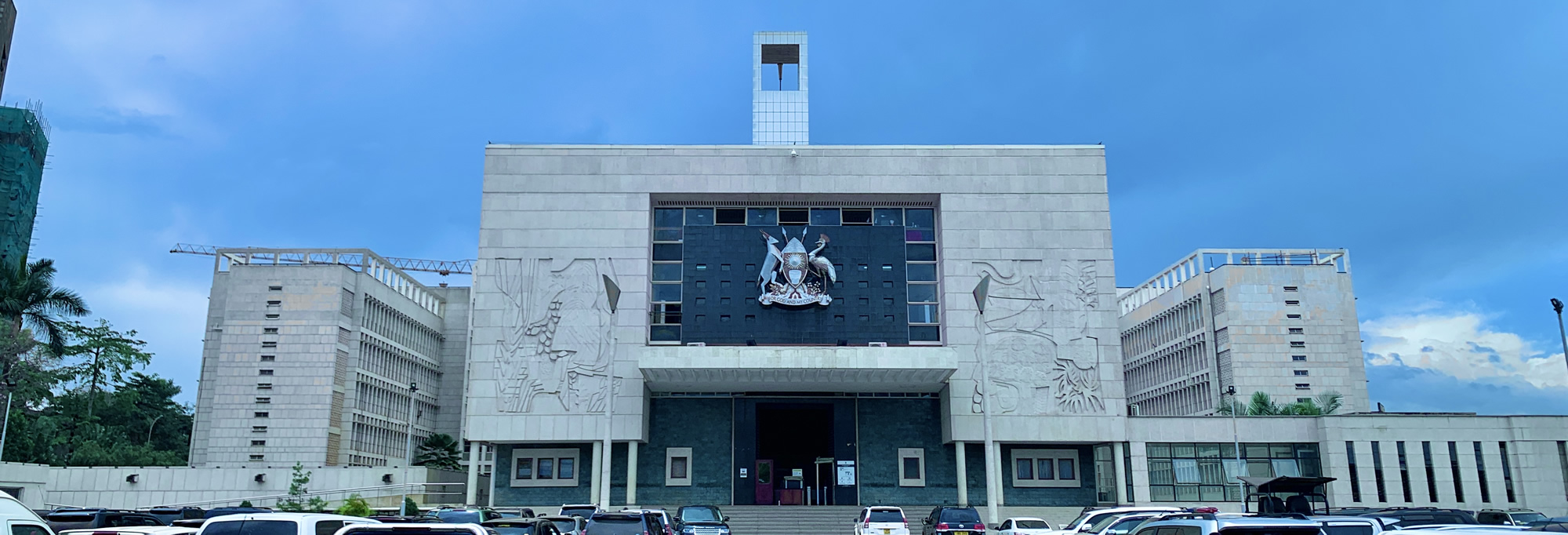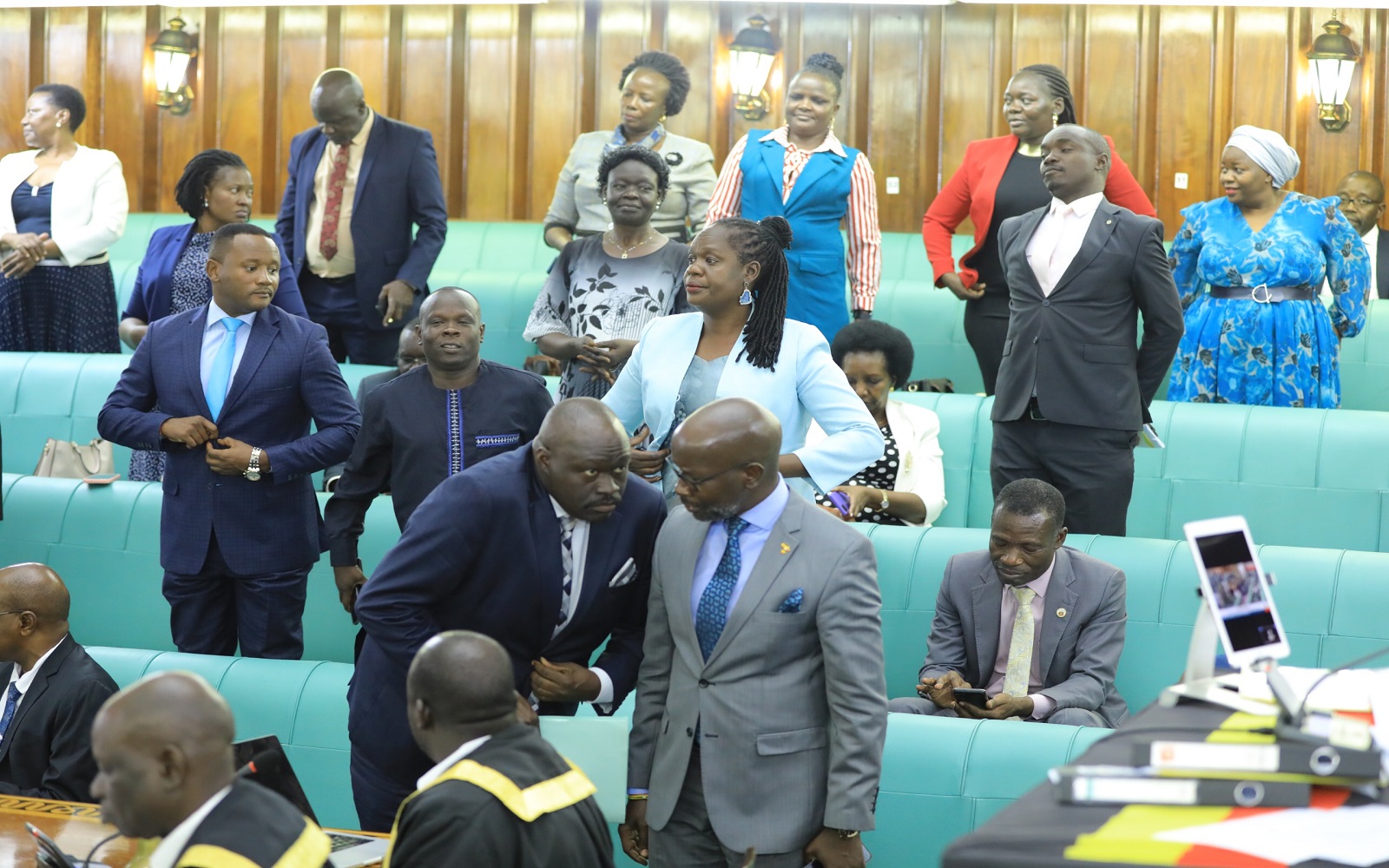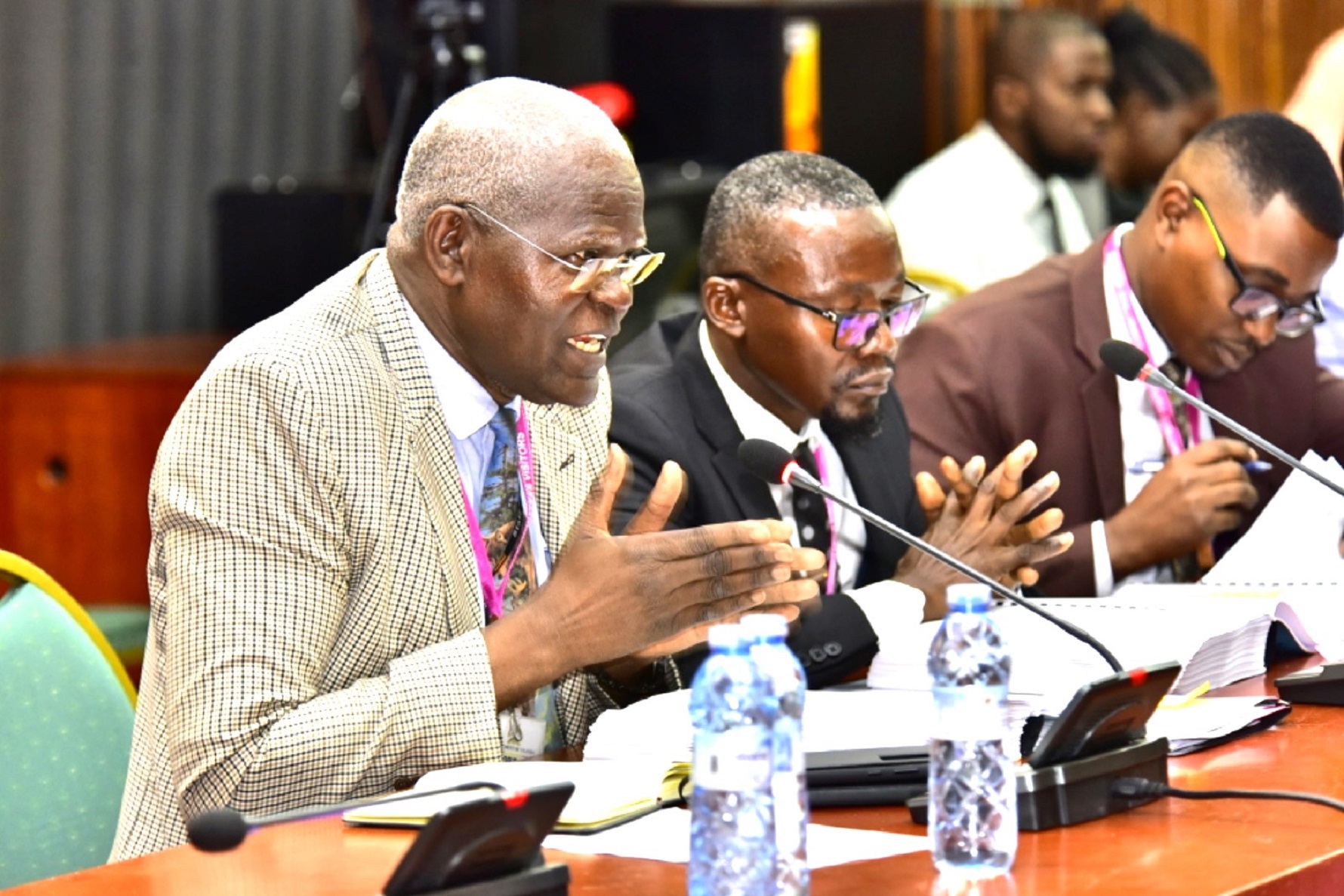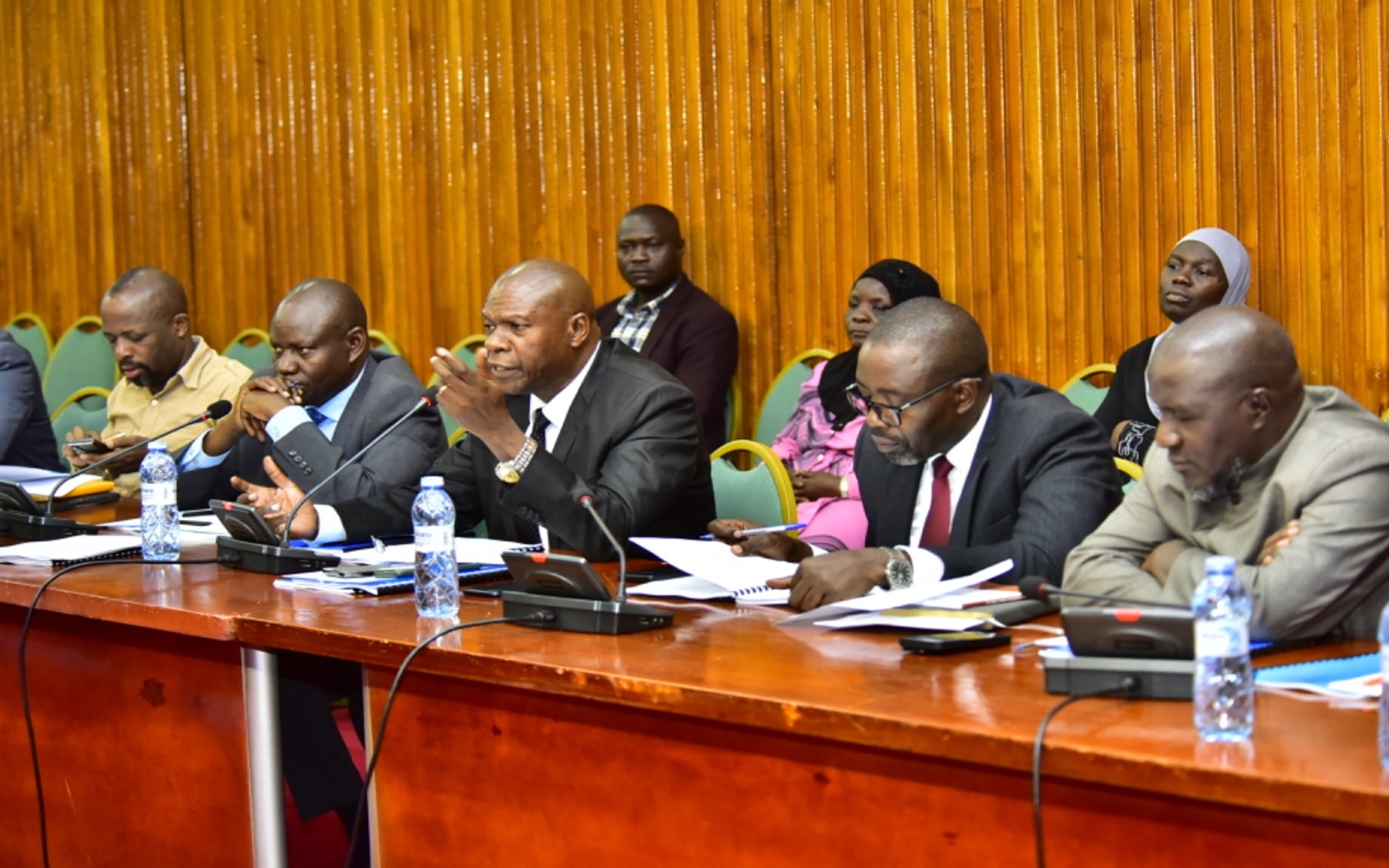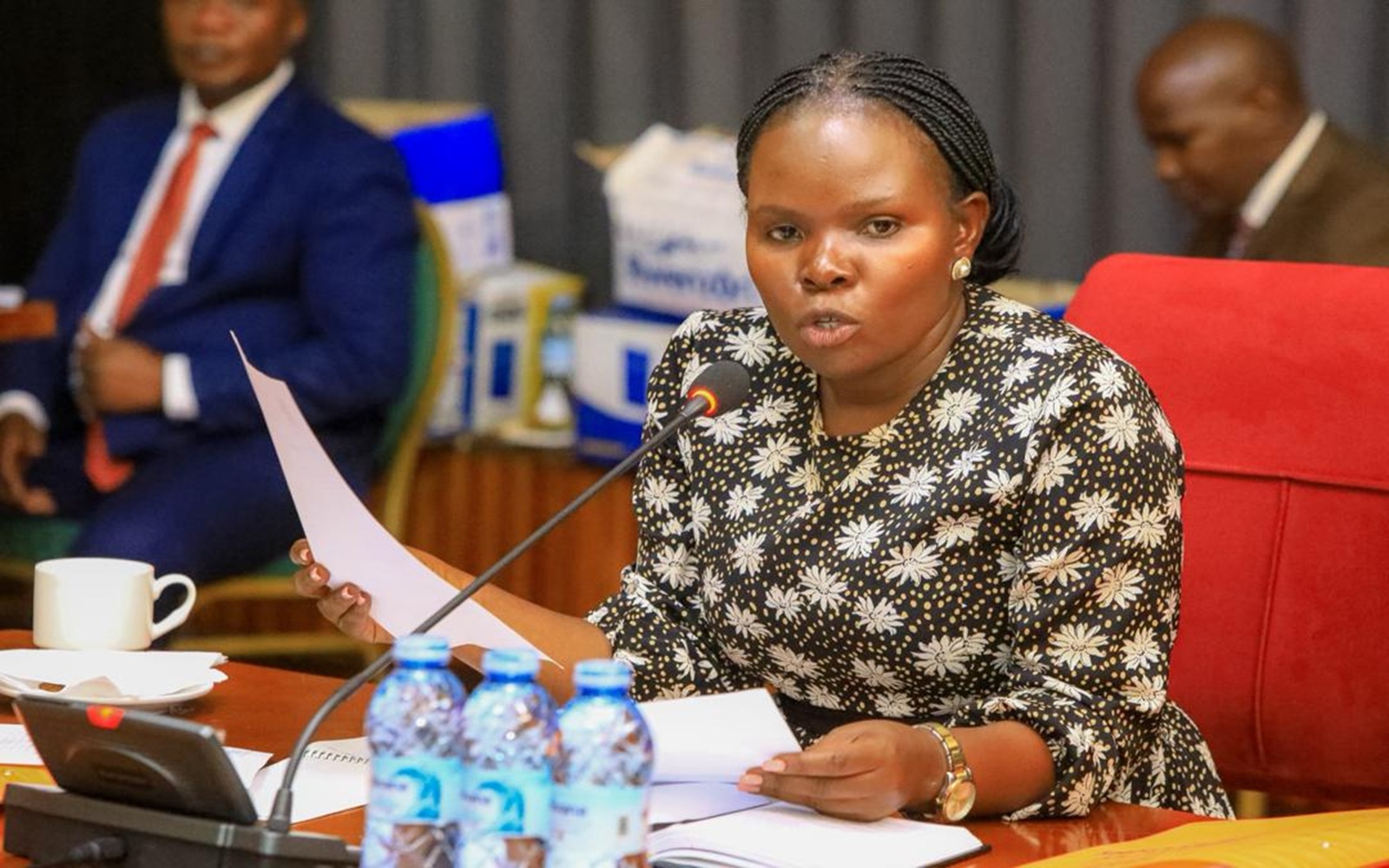The Centre for Arbitration and Dispute Resolution (CADER) will revert back to the Ministry of Justice and Constitutional Affairs as part of government’s move to streamline its agencies.
This follows the passing of the National Arbitration and Conciliation (Amendment) Bill, 2024 which seeks to integrate the functions of CADER into the ministry. The Bill aligns with government’s broader policy on rationalising agencies to reduce administrative costs and improve service delivery.
During plenary on Wednesday, 23 October 2024, the Government Chief Whip, Hon. Denis Hamson Obua, highlighted the importance of the Bill, explaining that government's primary intention is to cut unnecessary costs while promoting accountability.
"The Bill aims to relieve the Government of wasteful administration and expenditure, facilitate efficient service delivery and avoid duplication of mandates and functions," he said.
The Committee on Legal and Parliamentary Affairs which reviewed the Bill, fully supported the abolition of CADER.
Chaired by Hon. Stephen Baka Mugabi, the committee cited multiple challenges faced by the centre which made its continued operation as an independent entity unsustainable.
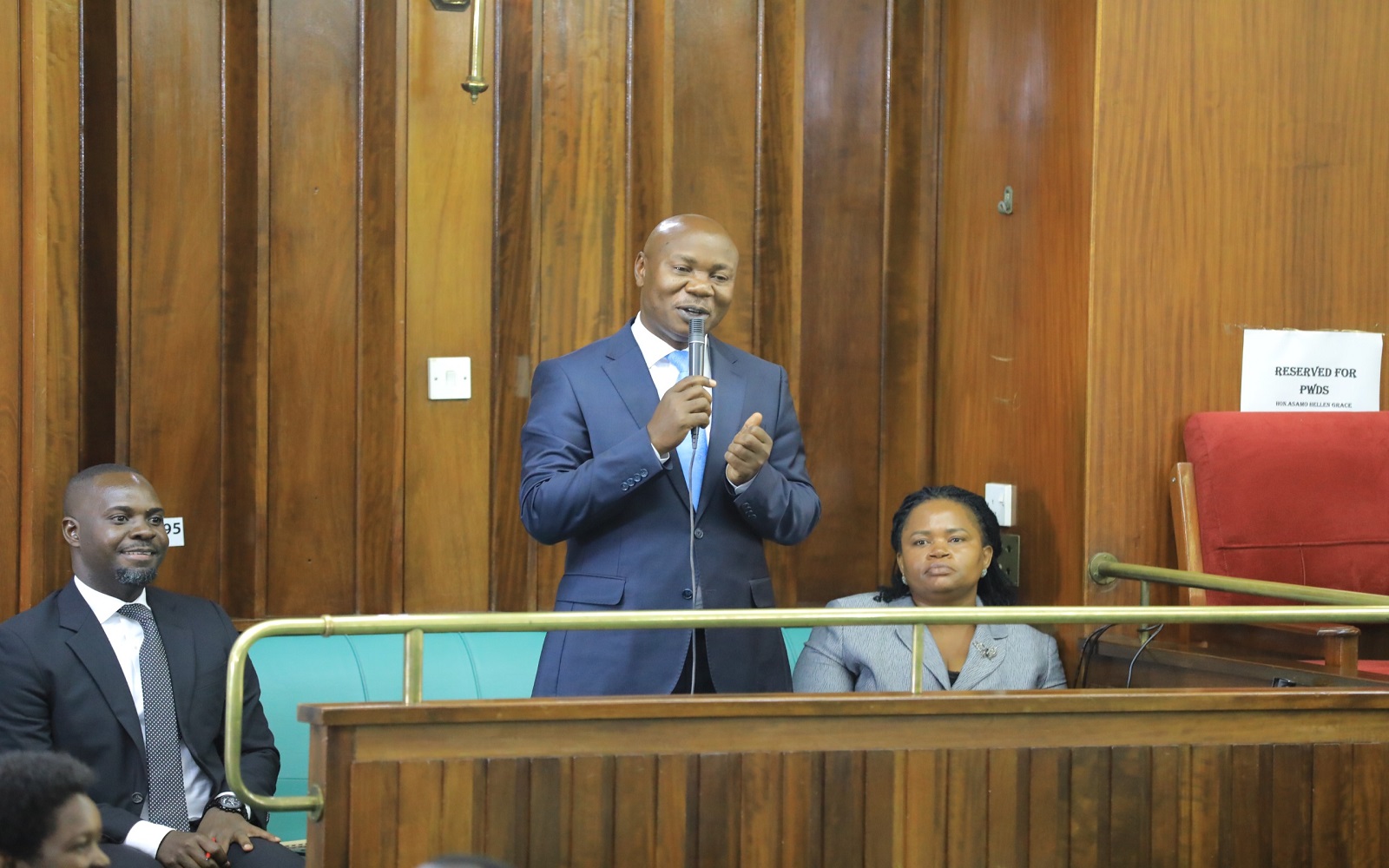
According to the committee, CADER has struggled with a lack of governance structures and funding since its inception.
Despite being mandated to operate as a self-accounting body, it has not received direct government funding for over two decades, instead relying on external donor support which has since been withdrawn.
Mugabi emphasised the necessity of mainstreaming CADER’s functions into the justice ministry.
"CADER has not had a governing council in place since it was established. This has significantly impacted its ability to fulfill its mandate," he noted.
He added that the centre’s lack of proper management structures has led to inefficiencies in service delivery, making its integration into the ministry a logical step towards improving accountability and governance.
Mugabi also explained that the centre’s attempts to take on an expanded mandate such as appointing arbitrators, were met with legal challenges, which further underscored the limitations of its structure.
Mugabi referenced a case where the court ruled that CADER did not have the authority to appoint arbitrators without the minister’s approval. This, he said, demonstrated the centre’s regulatory functions were better handled by the ministry.
The abolition of CADER is also expected to improve fiscal management, as the centre has been criticised for its failure to deposit arbitration fees into the Consolidated Fund. According to the committee, this was a clear violation of public financial management regulations and mainstreaming its operations would ensure better financial oversight.
Hon. Agnes Apea (NRM, Amolatar District Woman Representative) said that many people do not understand the role of the centre but putting the centre under the justice ministry will resolve so many cases in arbitration.
“Parties that go to this agency of arbitration have often been frustrated and most cases have stalled because all parties have to contribute money for their cases to be heard,” she said.
